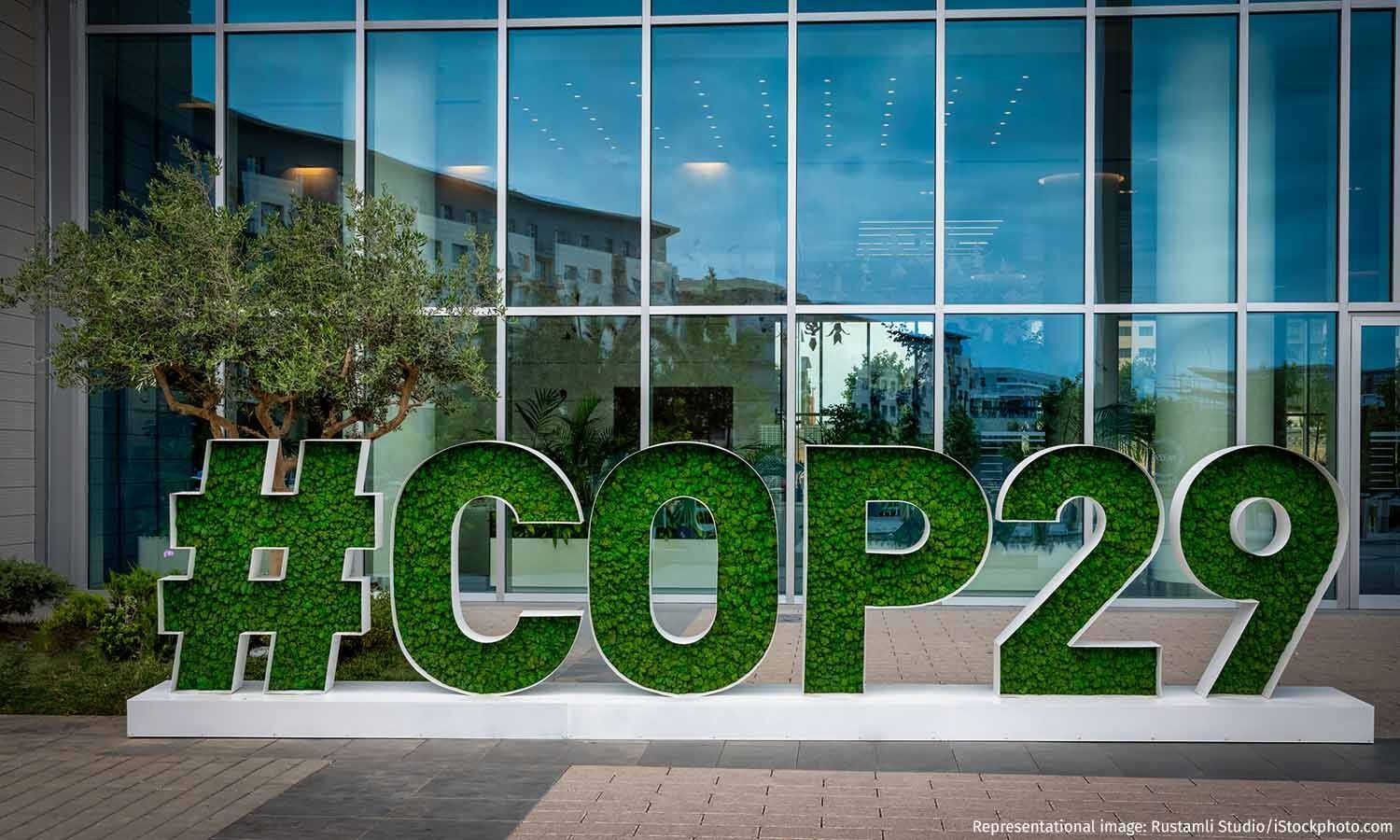India's Response

The article highlights India's challenges on carbon emissions and climate change. The government's plan, NDC 3.0, is expected to be submitted during COP29, with a target of reducing greenhouse gas emissions by 27-30 percent below the 2005 level by 2030.
Key Challenges:
- Emissions from energy sector: India's reliance on fossil fuels poses significant challenges to meet its NDCs.
- Limited renewable energy: The country needs to accelerate the adoption of renewable energy sources, which currently contribute only around 30-40% of total electricity generation.
- Coal phase-out: Ending coal-based electricity generation by 2030 is a critical requirement for meeting India's NDCs.
India's Response Strategy:
- Accelerate renewable energy target: Increase the share of non-fossil fuels to meet the 2035 emission reduction target.
- Enhance Energy Efficiency and Demand Management: Improve power sector efficiency and demand management to optimize energy supply and reduce emissions.
- Transition towards a low-carbon economy: Invest in climate-resilient agriculture, build out green infrastructure, and implement clean technologies.
Revisions Needed:
- Revise NDC target: Align the country's target with global emission standards of net-zero by 2050 or sooner.
- Phasing out coal: Set a clear deadline to end coal-based electricity generation and phase out new coal licensing immediately.
- Full power sector decarbonization: Commit to transitioning the entire power sector towards low-carbon energy sources by 2035.
Importance of Private Sector Engagement:
Public-private partnerships are crucial for accelerating India's NDC implementation.
Key Takeaways:
- Developed countries must lead the way in reducing emissions and supporting developing nations.
- India needs to accelerate its focus on renewable energy, energy efficiency, and transition towards a low-carbon economy.
Solutions Will Require National Policy Interventions Such as:
- Increase Investment and incentives for low-carbon technologies and Renewable Energy.
- Enhance Public Awareness about climate change issues to drive individual actions.
- Strengthen Climate Resilience measures across Sectors.
